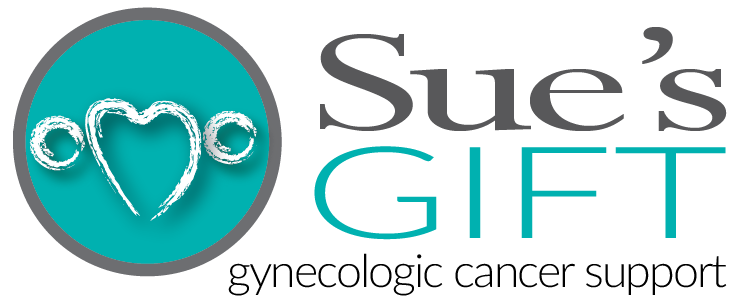Look At The Bear!
“It was exactly what I wanted - beautiful distraction..”
Image Credit @brooksieg
We were at the Stagecoach Inn in Manitou Springs, hoping to have lunch; however, the service could have been faster, and more than an hour after placing our order, food was nowhere in sight.
The conversation with my daughter and grandsons here on vacation was delightful. Still, everyone was hungry, especially my husband, who was becoming increasingly irritated as the restaurant wasn’t even that busy. Sensing his growing frustration and knowing that an impending confrontation with the waitress (if he could find her) was about to happen, I suddenly pointed to one of the impressive black bear head mounts on a nearby wall. “Look at the bear!” I blurted.
My spontaneous outburst was so unexpected and out of our conversation’s context that we all looked at each other and started laughing uncontrollably, fully aware my intentional outburst had averted a potentially awkward situation. It was a feeble attempt to diffuse the tension, yet it worked. While my husband may have found it less amusing than the rest of us, the distraction allowed us to focus on something else.
Distraction has gotten a bad rap. In reading the many quotes about distraction, the prevalent theme is to avoid distractions at all costs, as reflected in these quotes:
“Distraction wastes our energy, concentration restores it.” – Sharon Salzberg
“Starve your distractions, feed your focus.” – Anonymous
“One of the points about distractions is that everything that they do is destabilizing.” – Bruce Sterling
I would argue that distraction has a vital place in our lives. I remember counseling a couple at the cancer center a few years back. She was in the midst of treatment, and she had a lab test or radiation therapy every day for weeks and one doctor’s appointment after another. I suggested they take some time out, do something fun on the weekend, or maybe see a movie, but they were reluctant. They couldn’t let go of focusing on cancer. It was almost as if they had forgotten how to do anything normal.
I don’t believe that problems require a 24/7 focus or that a distraction wastes our energy; in fact, distractions can help us feel renewed when we’re overwhelmed. I don’t believe that distractions destabilize us as they can help us regain our balance and perspective. Sometimes we need to give ourselves permission to step away for a bit, to not focus on “the problem,” whatever it may be.
Distractions can have a positive or negative impact, so it’s important to ask if the distraction is a permanent escape and avoidance tactic or if it’s improving real life. Distractions include reading, exercising, watching a movie, playing a game, or creative hobbies such as painting, cooking, gardening, woodworking, knitting, or meditative coloring. Positive distractions hold our attention without stressing us out and thereby block worrisome thoughts. We can intentionally choose to take a healthy break which allows us, later on, to focus on the problem with more clarity and stamina. The bottom line is a distraction can be an effective coping strategy to reduce tension-filled moments and navigate monumental life challenges.
When there are moments of awkwardness or tension in our family, someone remembers to shout out, “Look at the bear!” And we remember and laugh. I’ve learned there’s a time and place for everything – a time to solve problems and face challenges – and a time for distractions. So…look at the bear!
Leave feedback for the author here. (Comments are not posted online.)

